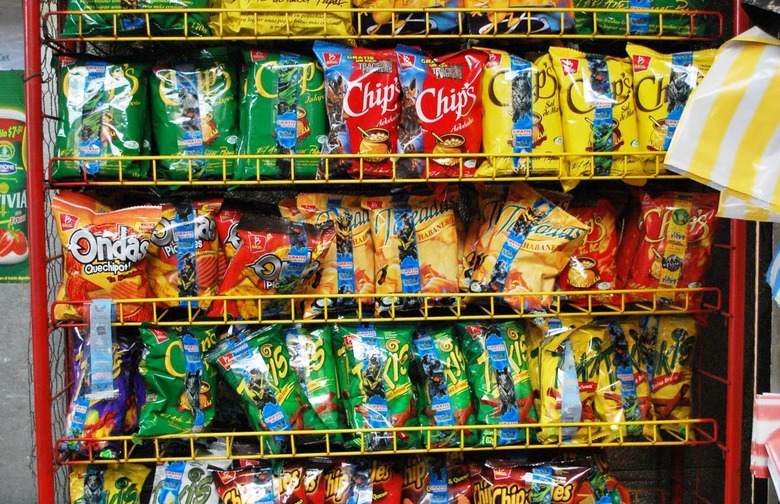Tax Lowers Mexico's Junk Food Consumption, But Problems Remain
In 2013, Mexico placed an 8 percent tax on junk foods, and a study shows that it has had the desired effects, albeit in small amounts. On average, Mexican purchasing of junk food decreased 5.1 percent, but that is the equivalent of one snickers bar every other month — hardly a large decrease.
Interestingly, the study found that the tax affected poorer people the most: low-income households bought 10.2 percent less, whereas high-income households did not change their consumption habits to any measurable degree. The average decrease across all income groups was 5.1 percent.
However, it is unclear how Mexicans are replacing those calories. Unlicensed street vendors often sell junk food without the tax, and/or add additional salt and other unhealthy ingredients to the junk food. Whether Mexicans shunned taxable goods for these street vendors or healthier options was beyond the scope of this study.
Researchers noted that this would be the direction of future studies. A team from University of North Carolina, Chapel Hill and Mexico's National Institute of Public Health have recommended that future studies "should explore how these shifts [in food purchasing] are linked to changes in the nutritional quality of the overall diet."
The junk food tax — levied on foods with more than 275 calories per 100 grams of product — is part of Mexico's ongoing war with obesity. Seven out of ten Mexicans are overweight, and Mexico has recently passed the United States in obesity rates. Mexico also made waves previously by implementing a tax on sodas to reduce obesity.
